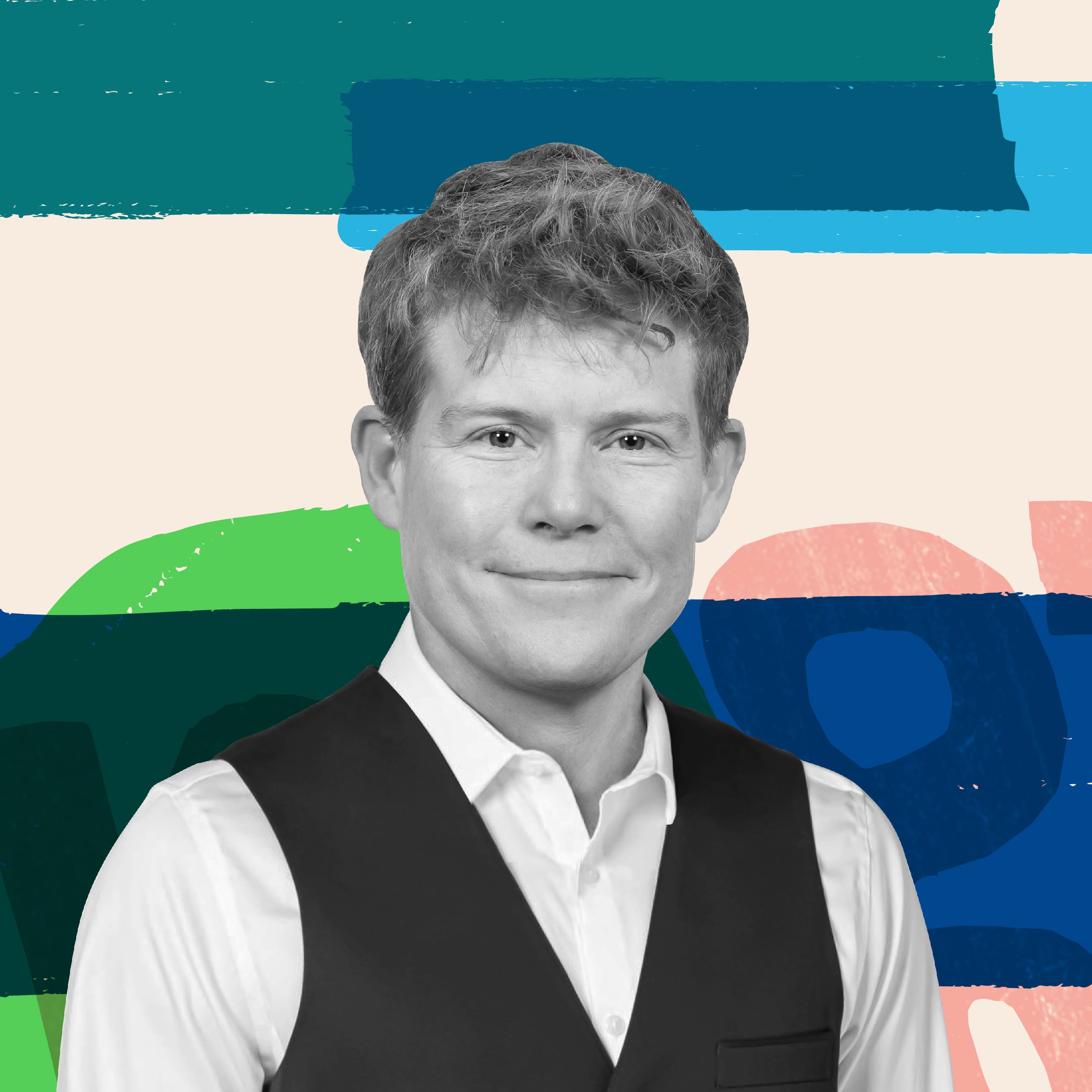Holmes Hummel
Clean Energy Works & Stanford University


Dr. Holmes Hummel has made it their life’s work to create pathways for all to participate in the clean energy economy—on inclusive terms that are fiscally sustainable and financially scalable. Dr. Hummel founded Clean Energy Works to accelerate the adoption of essential clean energy upgrades through financial solutions, with the understanding that it is only through universal participation that we can achieve a clean energy economy. Working with Co-Director Tamara Jones, Dr. Hummel has built a team that supports rapidly expanding field work on the adoption of inclusive utility investment, promoting a practical model that makes clean energy solutions available to those who might not otherwise have access.
Prior to spearheading Clean Energy Works, Dr. Hummel served as senior policy advisor in the Department of Energy’s Office of Policy & International Affairs from 2009–2013, where they convened the first agency-wide working group on finance with a focus on expanding participation in the clean energy economy. Dr. Hummel holds a doctorate from Stanford University and serves as the managing director for Energy Equity & Just Transitions at the Precourt Institute for Energy at Stanford. In collaboration with Dr. Anthony Kinslow II, Dr. Hummel has founded new courses in energy equity, including a course called Quest for an Inclusive Clean Energy Economy.
About Clean Energy Works
Clean Energy Works utilizes inclusive utility investments, a groundbreaking payment mechanism for clean energy upgrades, to help clear barriers that prevent too many people from participating in the clean energy economy. By connecting key players such as community leaders, utility executives, and policymakers, Clean Energy Works accelerates the adoption of clean energy solutions through education and technical assistance. The goal is for everyone—regardless of income, credit history, or renter status—to be able to access the benefits of clean energy upgrades.
Learn more about Clean Energy Works here.
When you look back in five years, what do you hope you and your organization have accomplished?
The climate, health, and economic benefits of clean energy are clear, but not everyone has the resources to make the upgrades. In five years, Clean Energy Works envisions broad market adoption of inclusive utility investment with strong consumer protections. We are working to support the launch of at least 15 new inclusive utility investment programs in the next half-decade, and our interest is in ensuring they meet emergent standards for consumer protection and quality. To achieve this vision, we seek collaborators to forge a national standard certification and verification program for inclusive utility investment in order to add confidence among consumer advocates, regulators, and utilities considering their options.
Inclusive utility investments have far-reaching potential in the transportation sector as well. We want five school districts in the U.S. to have procured electric school bus fleets using inclusive utility investment. We also aim to have at least one transit agency and utility in a Global South city agree to implement an inclusive utility investment pilot program for electric transit buses.
It is critical to have a utility sector that provides full access to the benefits of a clean energy economy to all, regardless of economic or social status. In five years, we hope to see that the impact of these programs is greatest in communities that have historically been barred from accessing clean energy because of their race, income, or other demographic factors. We will work with community stakeholders who have been involved in local equity and justice campaigns to realize the transformative potential of a broadly accessible and acceptable financial solution for clean energy upgrades.
How is the changing climate impacting your work?
Effectively mitigating climate change requires transition to a 100% clean energy economy. However, the speed and scale of investment required for that transition is challenged by a vexing problem: Few people are both able and willing to pay the upfront costs for clean energy upgrades that are essential for decarbonization.
The prevailing policy presumption that people will voluntarily pay for—or assume personal debt to finance—clean energy upgrades where they live, work, or play is largely proving false. A 100% clean energy economy means 100% participation. Recognizing that pervasive financial barriers to these upgrades have deep roots in systems of oppression, we must also recognize that advancing equity and inclusion in the clean energy economy is the fastest path to a fossil-free future.